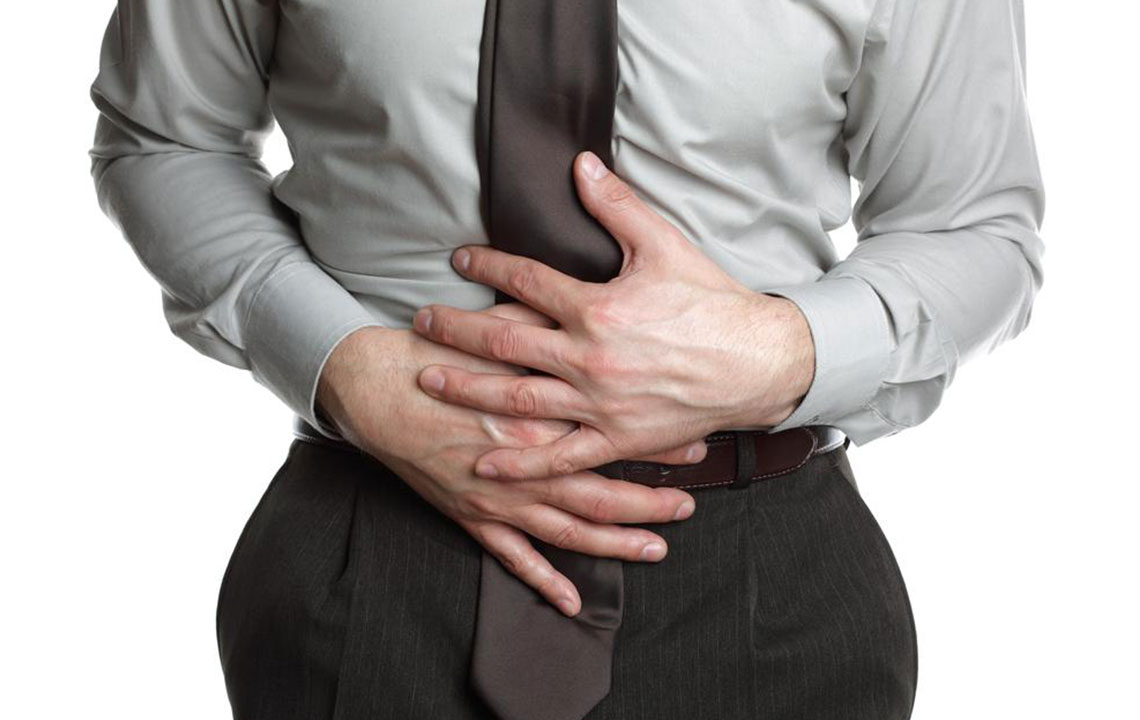Understanding the Role of Probiotics for Ulcerative Colitis

What comes to your mind when you first hear the word “bacteria”? Ailments, illness, and diseases! Yes, big-time most of us associate the word bacteria with various kinds of health problems.
Our body is a complex and, at the same time, a fascinating machine. Investigations on our gut have revealed the fact that our stomach linings are infested with different types of bacteria. Now please do not go hyper! These bacteria are in fact friendly and rather beneficial for our systems. It has been proven that these bacteria can be much helpful for our digestive systems and can boost the health of our large intestines and our guts. Probiotics are supplements that provide the friendly bacteria so that they can thrive on the walls of the intestine and can balance the adverse effects of the bad bacteria.
In most cases, we see that probiotics are taken in the form of supplements. They come in various forms such as tablets, capsules, drinks, and powders. They are intakes that come with a cost and are meant for long-term benefits. Research and investigations have proven the fact that probiotics are often good support elements and can contribute to improving your overall health and the digestive condition. However, probiotics must not be mistaken for medicines that can provide complete cure to the health problems.
What is ulcerative colitis?
Ulcerative colitis is a condition where the large intestine is affected and is bloated in proportion. In most cases, the person affected by such a problem experiences stomach cramps and a feeling of inflammation in the stomach and guts. The person can also have bloody diarrhea. The problem is a rather chronic and unremitting one. In other words, it means that at times you will get respite as the symptoms will lie low, but yet again there will be times when you will experience acute inconvenience and problems.
Role of probiotics for ulcerative colitis
In most cases, we see that the doctors go for treatment processes that have two parts. In the first part, the active problems are treated and then a prevention process is carried out so that the recurrence of the problem in the future can be controlled in an effective manner.
As a treatment for the active pains and diarrhea, doctors prescribe medicines such as corticosteroids. For the maintenance part again medicines are provided that must be taken for the long-term purpose.
The contribution of the probiotics for ulcerative colitis is a rather debatable topic. Survey has revealed that a large number of people are taking these probiotics for ulcerative colitis in the current times. In fact, it has been seen that nearly 2 of 5 people who are having the problem of ulcerative colitis are taking probiotics. However, the feedback regarding the efficacy of these medicines happens to be rather debatable.
In this context, we see that there are some people who are telling that taking probiotics have proven rather helpful for their systems. In fact, they said that the repeated flare-ups have gone down. Some are of the opinion that even if they do have the flare-ups, the symptoms, and the acute pain happens to be rather controlled after they have started taking probiotics. Taking probiotics though have not cured the problem in its totality yet it has proven to be rather beneficial for the overall picture.
There are also people who have taken probiotics but did not get any benefits after consuming them. They felt that taking these probiotics, in the long run, will just drained their wallets as these supplements can be expensive. The net results have not been significant enough. In fact, many have suggested that they do not happen to be anymore than mere placebos.
Reasonability
See, now if we have to go by the aspect of reasonability it can be said that taking probiotics for ulcerative colitis cannot be harmful at least! This is one thing about which you could be absolutely certain.
Good bacteria in the intestine balances the effect and roles of the bad bacteria. This is one of the main reasons why we can take these probiotics for ulcerative colitis. However, the real reason for ulcerative colitis is yet unknown to the doctors. Therefore, obviously, even if these probiotics for ulcerative colitis cannot provide total cure they can at least give some supportive comfort. This is a fact that cannot be negated certainly. It is best to try these supplements, at least a few times and see if you are getting any benefits. Remember, taking just one bottle will not make much of a difference. Continue for a month to see if you are experiencing any benefits.
If you are taking these probiotics for ulcerative colitis, make sure to consult a doctor first.


